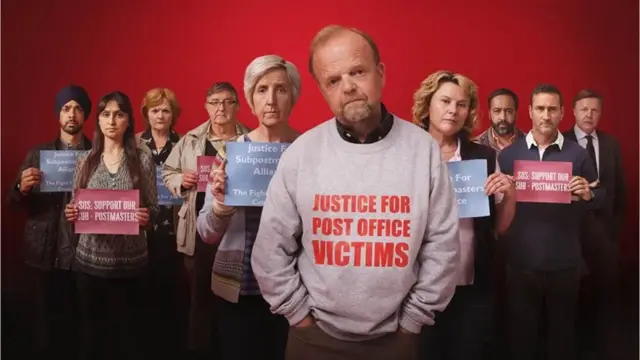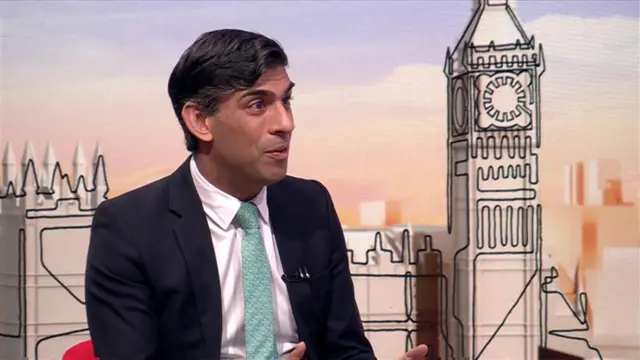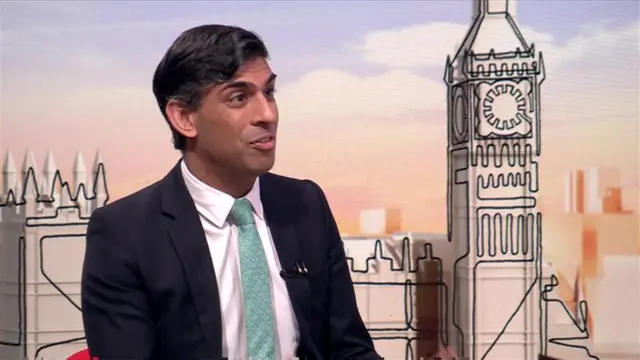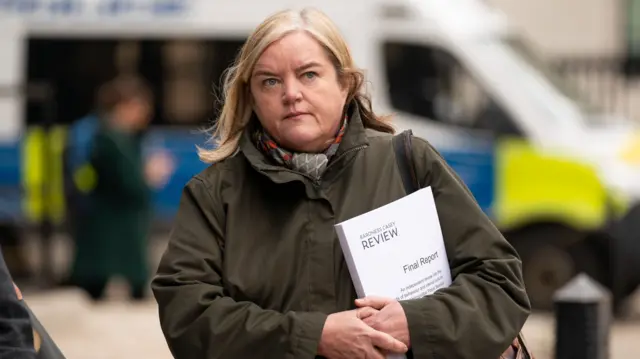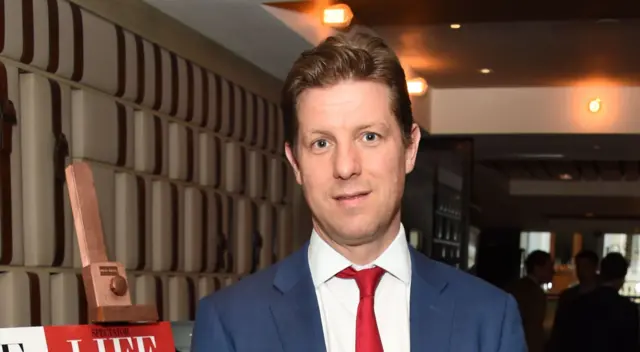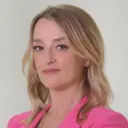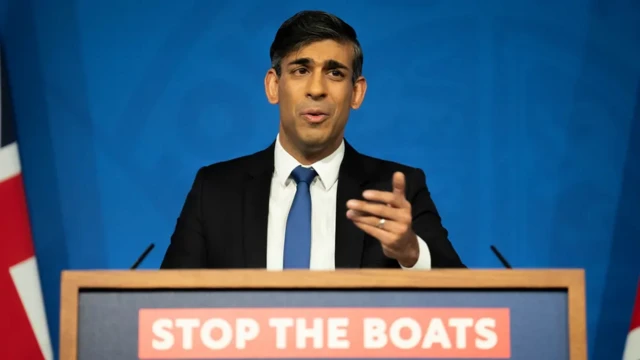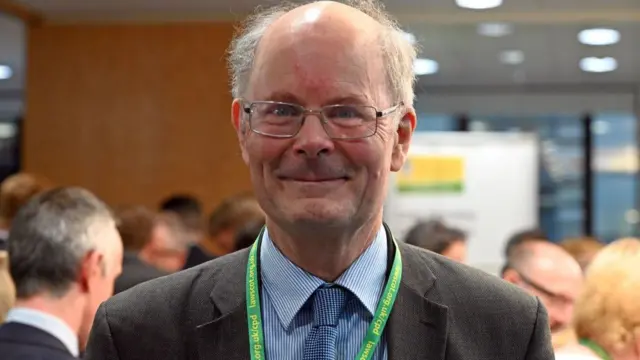Sunak interview over - now, the panel will discuss what he saidpublished at 09:45 GMT 7 January 2024
Laura has finished interviewing the prime minister and turns to the panel.
Stay with us as we bring you their analysis, as well as clips from the interview
